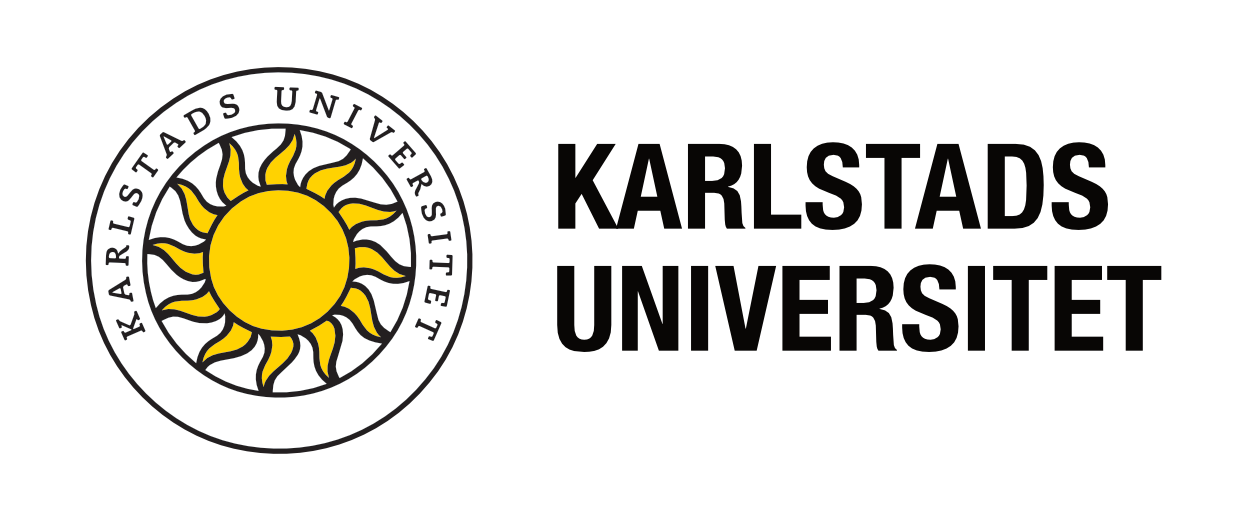This article by Ben Edwards in ArtsTechnica (April 6, 2023) is worth a read, “Why ChatGPT and Bing Chat are so good at making things up”.
Edwards explains in clear language, with lots of details and examples, how and why large language models (LLMs) such as ChatGPT make up content. As I read this article, it occurred to me that it could serve as a really great way to have pro-active and generative conversations with students about the impact of artificial intelligence for teaching, learning, assessment, and academic integrity. So, here is a quick lesson plan about how to use this article in class:
Education level
Secondary school and post-secondary (e.g., community college, polytechnic, undergraduate or graduate university courses)
Lesson Plan Title: Understanding ChatGPT: Benefits and Limitations
Learning Objectives
By the end of this lesson students will be able to:
- Understand how and why AI-writing apps make up content.
- Explain the term “confabulation”.
- Discuss the implications of fabricated content on academic integrity
- Generate ideas about how to fact-check AI-generated content to ensure its accuracy
Lesson Preparation
Prior to the class, students should read this article: “Why ChatGPT and Bing Chat are so good at making things up by Ben Edwards, published in ArtsTechnica (April 6, 2023)
Come to class prepared to discuss the article.
Learning Activity
Class discussion (large group format if the class is small or small group format with a large group debrief at the end):
Possible guiding questions:
- What is your experience with ChatGPT and other AI writing apps?
- What were the main points in this article? (Alternate phrasing: What were your key takeaways from this article?)
- What are some of the risks when AI apps engage in confabulation (i.e., fabrication)?
- Discuss this quotation from the article, “ChatGPT as it is currently designed, is not a reliable source of factual information and cannot be trusted as such.”
- Fabrication and falsification are commonly included in academic misconduct policies. What do you think the implications are for students and researchers when they write with AI apps?
- What are some strategies or tips we can use to fact-check text generated by AI apps?
- What is the importance of prompt-writing when working with AI writing apps?
Duration
The time commitment for the pre-reading will vary from one student to the next. The duration of the learning activity can be adjusted to suit the needs of your class.
- Students’ pre-reading of the article: 60-minutes or less
- Learning activity: 45-60 minutes
Lesson closure
Thank students for engaging actively in the discussion and sharing their ideas.
Possible Follow-up Activities
- Tips for fact-checking. Have students in the class generate their own list of tips to fact-check AI-generated content (e.g., in a shared Google doc or by sharing ideas orally in class that one person inputs into a document on behalf of the class.)
- Prompt-writing activity. Have students use different prompts to generate content from AI writing apps. Ask them to document each prompt and write down their observations about what worked and what didn’t. Discuss the results as a class.
- Academic Integrity Policy Treasure Hunt and Discussion. Have students locate the school’s academic misconduct / academic integrity policy. Compare the definitions and categories for academic misconduct in the school’s policies with concepts presented in this article such as confabulation. Have students generate their own ideas about how to uphold the school’s academic integrity policies when using AI apps.
Creative Commons License
This lesson plan is licensed under a Creative Commons Attribution-NonCommercial 4.0 International License (CC BY-NC 4.0). This license applies only to the lesson plan, not to the original article by Ben Edwards.
Additional Notes
This is a generic (and imperfect) lesson plan. It can (and probably should) be adapted or personalized depending on the needs of the learners.
Acknowledgements
Thanks to Dr. Rahul Kumar, Brock University for providing an open peer review of this lesson plan.
Share or Tweet this: How to Talk to Your Students about ChatGPT: A Lesson Plan for High School and College Students – https://drsaraheaton.wordpress.com/2023/04/07/how-to-talk-to-your-students-about-chatgpt-a-lesson-plan-for-high-school-and-college-students

